This column does like a bargain. Indeed, it not only esteems and relishes a bargain, it has also worked long and hard to prove Milton Friedman wrong. Sometimes there really is such a thing as a free lunch. And for those of us still wedded to the notion of owning music on some kind of solid, tangible medium (vinyl, CD, dusty box of cassettes at back of cupboard), these are great, cheapskate-friendly years in which to be alive. Almost every song ever recorded can be bought for a song. And still we mothwallets can claim the moral high ground, because we’re not actually stealing it, unlike everyone under 40. As Fagin once sang, ‘In this life, one thing counts. In the bank, large amounts.’
It was probably inevitable, then, that I would be drawn to the record companies’ latest wheeze for making the most of their now vast and lumbering back catalogues. The old Warner companies, now tiny components lost within a faceless corporate empire, call it ‘Original Album Series’, and other companies are now following suit. What it boils down to is five albums by a particular artist, packaged together in five CDs, and sold for between £10 and £15. These are never quite Division One artists: there is no such Beatles package, or one from Pink Floyd. But there’s a Doobie Brothers, a Jethro Tull, an Echo & the Bunnymen, at least two Emmylou Harrises, a Keith Jarrett, one from Be-Bop Deluxe, another from Everything But the Girl. Often it’s the first five albums by an artist; sometimes, if there has been a really huge seller, it is strategically excluded. Each CD comes in a tiny cardboard case duplicating the original vinyl sleeve. To read it you need an electron microscope, or maybe the assistance of Donald Pleasence in The Great Escape. There are no inner sleeves, no details of musicians, no lyrics, no froth or frippery. Sometimes the CDs have been remastered and sound clear and loud and glorious. At other times they sound as though they have been copied from one of those cassettes in the cupboard. Caveat emptor, as always with the music industry.
The sheer cheapness of these packages, though, banishes all doubts. While they are undoubtedly useful for replacing worn old vinyl copies of long-forgotten 1970s albums, I don’t think that’s their primary function. What they really feed is curiosity. You buy things you wouldn’t otherwise have bought, just to see what they are like. I have long owned one old Carly Simon album, No Secrets from 1972, which includes ‘You’re So Vain’ and ‘The Right Thing to Do’. Now I have five old Carly Simon albums, including No Secrets, which is still fantastic, and four others, which are rather less so, but they are still interesting. I take one at a time, listen to it properly and repeatedly in the old-fashioned way, and move on to the next. You can hear how producer Richard Perry (who came on board for No Secrets) helped her focus her songwriting talent, introduce more rigorous quality control, concentrate on melody, stop buggering about, in short. And because the cover on No Secrets is so small, there’s no need to answer the question that has been lingering awkwardly at the back of my mind. Did I buy this album as a teenager because I liked the songs or because she is clearly not wearing a bra? There was probably no need to ask it, either.
The best and most surprising such package I have bought was by The Manhattan Transfer: indeed, I have bought other albums of theirs since and would now consider myself a fan. The Warren Zevon set, despite ropey sound quality, is roaring out of my speakers as I type. It’s the sound of a drunken man wandering around Los Angeles at five in the morning because he’s too angry to sleep. Forthcoming sets include ones from Dave Edmunds, The Stranglers and Robert Palmer, all available for £12.99 on Amazon. Rather carelessly, I appear to have ordered all three. Whole careers are encapsulated in these modest packages. Whole decades of our lives can be purchased whimsically with a single click.
And what we find within isn’t old music, exactly, because a lot of it isn’t familiar; or new music, exactly, because it sounds too much like long ago; but new old music. I hadn’t realised how much I had wanted this until I found it, and now I am not sure I want anything else.
Got something to add? Join the discussion and comment below.
Get 10 issues for just $10
Subscribe to The Spectator Australia today for the next 10 magazine issues, plus full online access, for just $10.

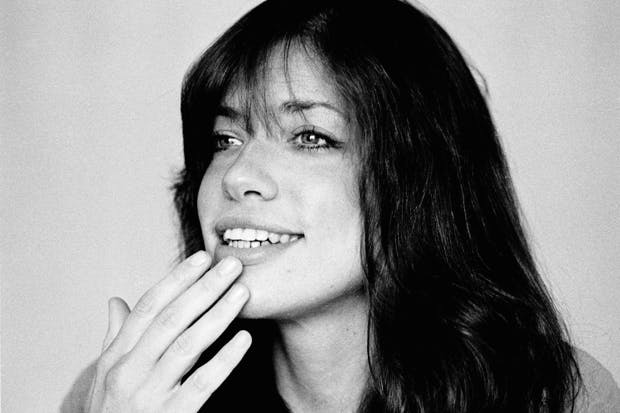
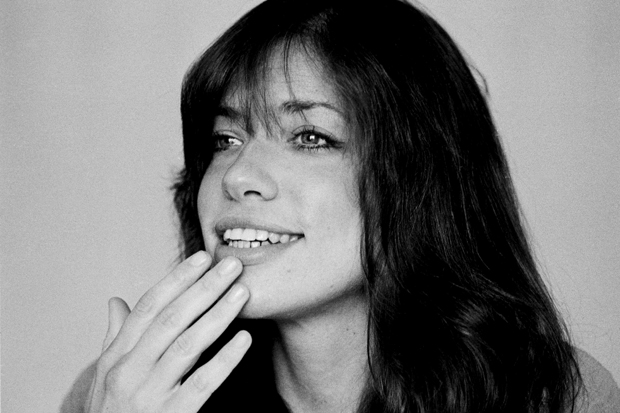
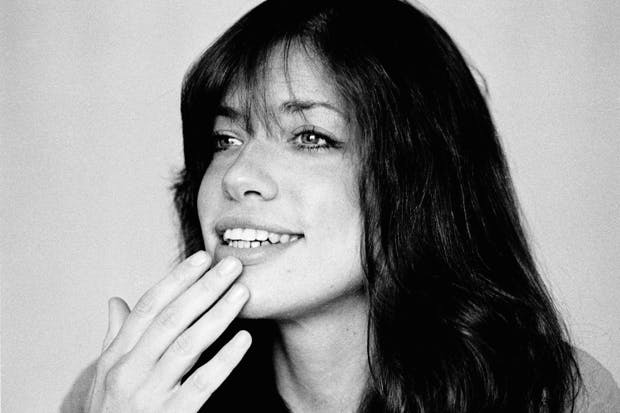
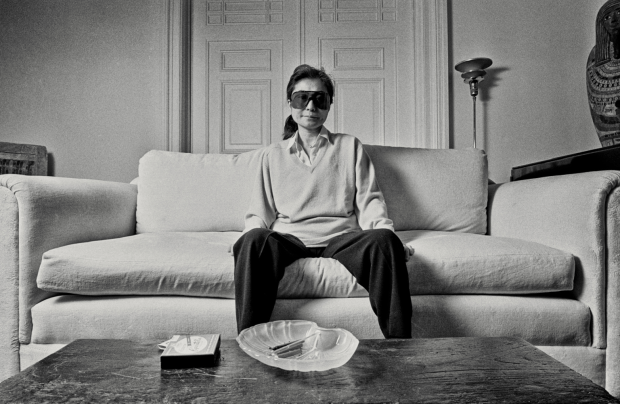


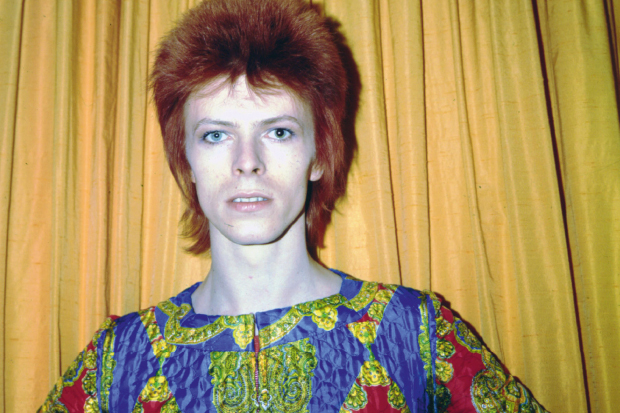






Comments
Don't miss out
Join the conversation with other Spectator Australia readers. Subscribe to leave a comment.
SUBSCRIBEAlready a subscriber? Log in